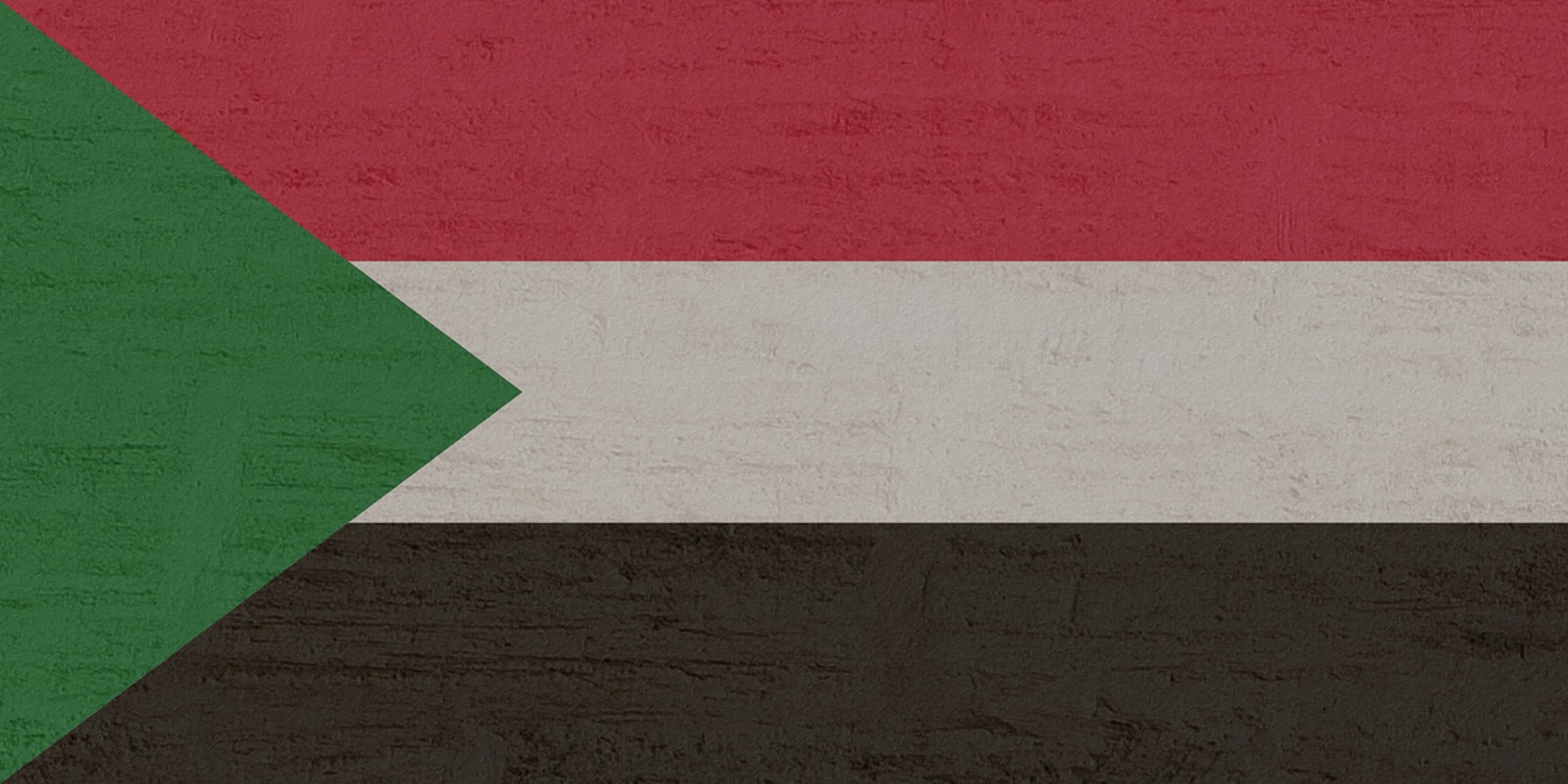Travel Risk in Sudan
Sudan has posed a number of significant security threats to international investors and presented a dynamic security environment. Decades of conflict in Darfur and the southern border regions between the authoritarian government and assorted rebel groups have left unstable areas in which foreign personnel are at risk of attack from militias. Other parts of the country had a more benign risk profile, with the government acting to quash dissent. Crime in Khartoum was typically non-violent and non-confrontational.
The travel risk rating for Sudan has been HIGH so travellers planning to visit the region must complete a pre travel risk assessment and attend additional briefings for high-risk travellers with enhanced provision. The support is determined by the risk assessment with the aim to mitigate risk and enable travel. This may include in-country security or an emergency evacuation plan, making the traveller aware of what they can do in a worst case scenario.
After the recent intensifying conflict, the risk rating has been increased to CRITICAL with the recommendation to avoid all travel to the region. So what’s happened?
Background
The conflict in this Northeast African nation is essentially a power struggle between two leaders; General Abdel Fattah al-Burhan, the army officer who has for years been the de facto leader of the Sudanese Armed Forces (SAF) and General Mohamed Hamdan Dagalo, commonly known as ‘Hemedti’, leader of the rival paramilitary group Rapid Support Forces (RSF).
This rivalry pre-dates 2019 when a rebellion toppled ruler Omar al-Bashir. During his time at the top, he amassed powerful security forces that he turned against one another. There have been increasing tensions between the two factions which has become more serious this year.
The main trigger for this conflict is the security sector reform (SSR) which includes the integration of the RSF into the SAF. The two sides have completely different timeframes for this reformation, al-Burhan wants to reabsorb the RSF into the army within two years and Hemedti expects the process to take up to ten years.
Escalation
The conflict escalated rapidly, on the 15 April 2023 clashes broke out, the RSF attacked military SAF bases and took control of airports. All flights were cancelled and operations suspended at the Khartoum International Airport (KRT).
The fighting created repeated disruptions to electricity, internet services, and mobile communications across Khartoum. The Khartoum State security committee declared April 16 a holiday to secure citizens and their property, with businesses and schools being closed.
Clashes and airstrikes continued in various areas in Khartoum and adjacent towns. Fighting was also reported in Port Sudan, where the RSF claimed its forces were bombarded by foreign aircraft. Clashes are also taking place in Merowe, Northern State; Gedaref, Gedaref State; El Geneina, West Darfur State; Nyala, South Darfur State; Zalingei, Central Darfur State; El Fasher, North Darfur State; and Kassala, Kassala State, among others.
Evacuation
Clashes continued until 22 April 2023 when the RSF allowed the partial opening of airports nationwide to allow the evacuation of foreign nationals during a 72-hour ceasefire.
The UK government completed its largest and longest multi-route evacuation operation from Sudan on 3 May 2023. More than 2,450 people were evacuated to safety on 30 flights over an 8-day period.
Casualties
The ongoing conflict has left at least 700 people killed and more than 5,000 injured according to figures from the World Health Organization WHO (as of 9 May 2023). This includes foreign nationals and humanitarian workers caught up in the clashes. Three World Food Program employees were killed in the crossfire at a miliary base. Two Americans were killed including one university professor when trying to evacuate.
Sudan Now
In an official statement on 8 May, the Saudi Arabian Foreign Ministry confirmed that pre-negotiation talks between the Sudan Armed Forces (SAF) and the Rapid Support Forces (RSF) began in Jeddah, Saudi Arabia on May 6 and will continue until an effective short-term ceasefire is reached to allow humanitarian aid delivery and restore basic services across Sudan.
Given these motivations, it is possible that such a temporary humanitarian truce will be enacted and the current seven-day truce extended. However, precedent and the inherent SAF-RSF mistrust as both sides attempt to gain a decisive military victory, suggests that any such truce reached is unlikely to stop the fighting or even permit aid delivery if it impedes either side’s combat capabilities, as seen with the SAF accusations against the Sudan Doctors Union. This could result in continued dire medical and larger humanitarian situations even within a ceasefire period. Moreover, even if the current ceasefire is extended beyond 11 May, it is unlikely to be adhered to, given the absence of an effective monitoring mechanism.
Clashes are likely to persist in Khartoum and its adjoining cities, and to some extent in Nyala and El-Obeid, as both sides attempt to seize strategically significant areas including the Presidential Palace, the other side’s military bases, the Khartoum International Airport, medical facilities, the State Radio and Television building, among others.
Those operating or residing in Khartoum on 8 May and over the coming days are advised to shelter in place and avoid all travel to the vicinity of sensitive locations such as the Presidential Palace, the RSF and SAF headquarters, and Khartoum International Airport due to the ongoing clashes.
Avoid all travel to due to ongoing clashes between the SAF and the RSF.
Importance of Pre-travel Intelligence and Risk Assessments
Sudan highlights how quickly a situation can escalate and the risk environment can change for travellers. Proactive pre travel intelligence and risk assessments are fundamental for all companies, especially those considering travel to destinations which are deemed higher risk. Travel Risk Management companies will be aware of emerging risks and if a situation does change rapidly, can offer 24/7 support and monitoring.
Find out more information about Securewest’s Travel Risk Management services.
